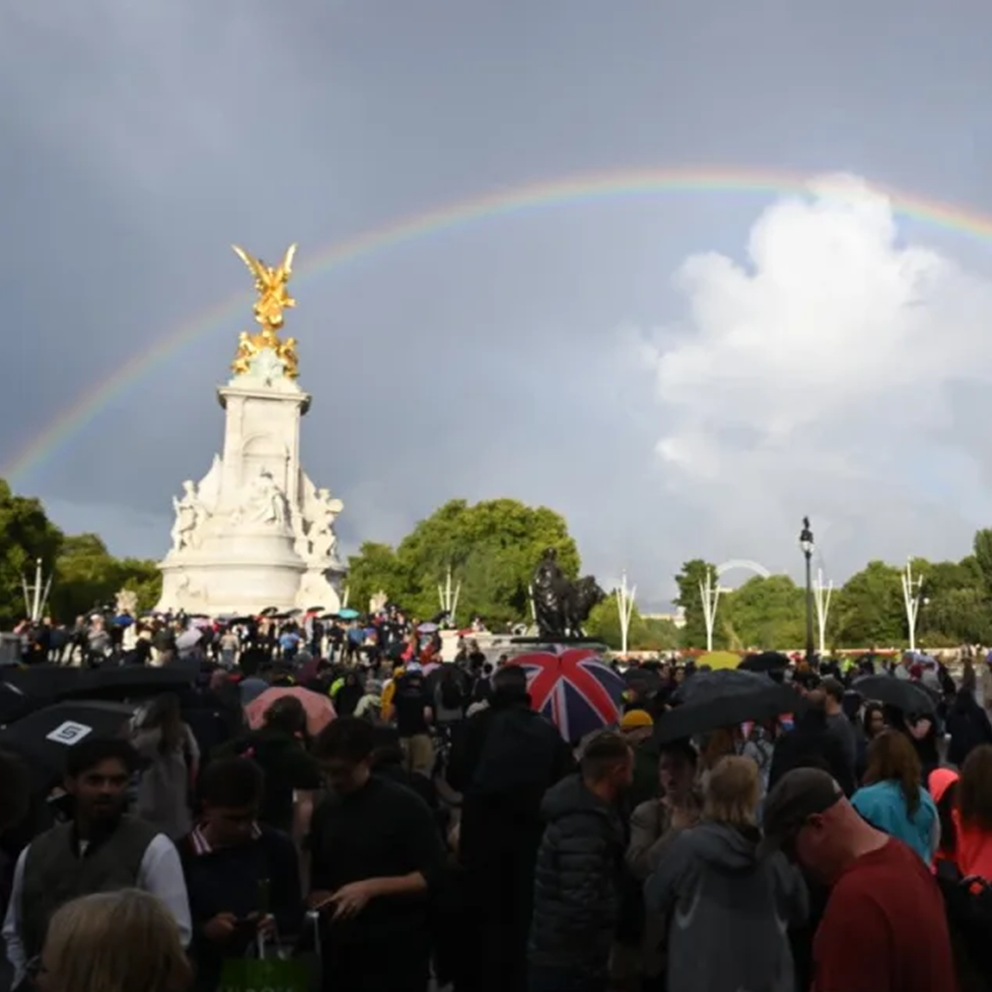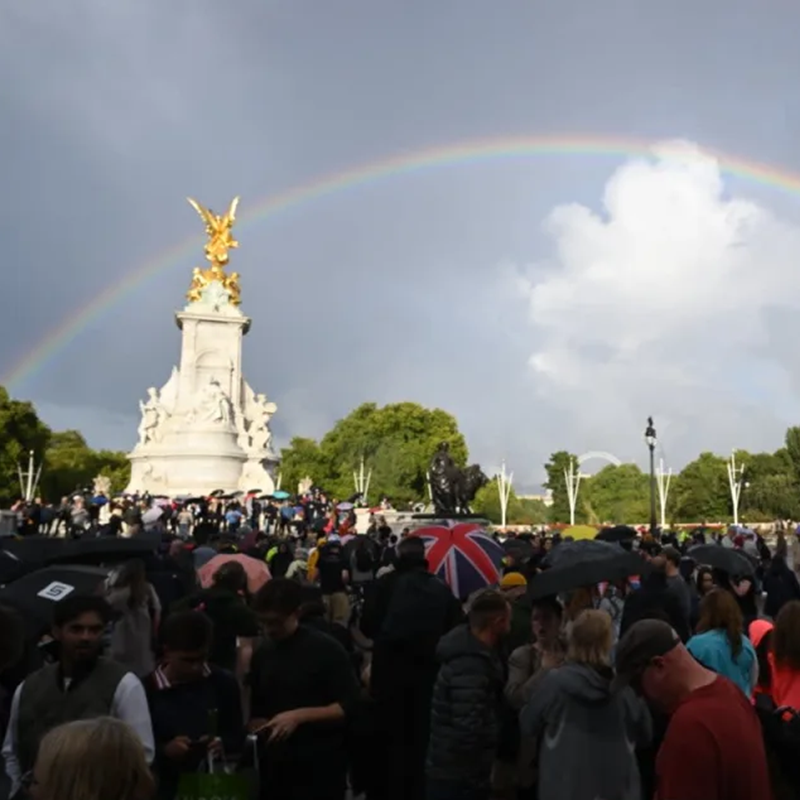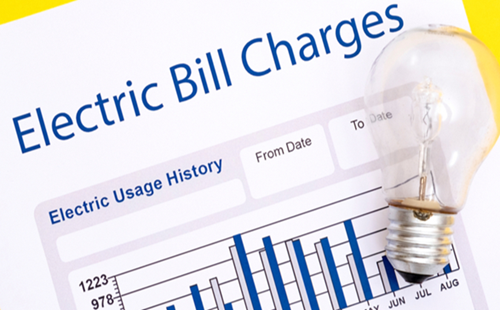

Weekly update - A difficult week
This week’s update comes from Chris Bell in the Isle of Man.
Firstly, we would like to express our deep sadness at the passing of the Queen. In such a rapidly changing society she represented stability and her seven decades of service will surely never be repeated.
Even before the news of her passing, the UK political scene continued on its rocky journey last week with the election of Mary Elizabeth Truss as leader of the Conservative Party and Prime Minister. The backdrop to her rise to power includes rising interest rates and levels of inflation not seen since the 1970s, although during her acceptance speech she argued that the UK could ‘ride out the storm’. The current economic headwinds were firmly blamed on Russia and its aggression towards Ukraine. Her cabinet reshuffle, unsurprisingly, cleared out any Sunak supporters and is refreshingly diverse.
‘Trussonomics’ is arguably pro-growth, supported by tax cuts, but how this combination plays out is yet to be seen. One of the first challenges facing the new Chancellor of the Exchequer, Kwasi Kwarteng, is the much-vaunted energy bill cap. Measures announced will see household bills frozen at £2,500 for the next two years and could well lead to an earlier peaking of inflation than previously forecast. October could now be the peak reading rather than January 2023, which would have reflected the next spike up in prices. The support package is likely to cost around £100 billion1 and then there is the combination of factors to help the business sector. However, some concern must be expressed that there is little incentive to reduce energy demand.

As many readers will be aware, firms are not currently aided by a price cap and many will be rolling off fixed rate deals in the coming weeks. This support could add another £40 billion2 to the costs and will aim to see a reduction on the overall bill or some element of a guaranteed unit price. It is no wonder that 10-year gilts hit their highest yields in nearly a decade and the sterling continued its miserable slide against the US dollar. The UK will see its debt to GDP ratio remain well above 100% for many years to come.
Investors will be watching the economy closely to ensure the mistakes of the 1970s are not repeated, and credibility needs to be established in short order. The Labour Party argue that much of the additional bill should not be added to the overall debt pile but from a windfall tax on the energy companies who are making super normal profits. In a lively parliament debate, Keir Starmer pointed to the Treasury’s own estimates of £170 billion of industry windfall profits. Truss argued she is against the principle of such a tax, with the Sunak-type argument of not wanting to hinder investment into the UK.
There is some concern from observers that the new Prime Minister does have a habit of changing her mind. This occurred during Brexit for instance, where she initially campaigned for ‘Remain’ but then became one of the most vociferous ‘Leave’ advocates. The comparison to Margaret Thatcher is also an interesting one and there is a belief that Truss will try to impose some form of culture change in the UK. She has already vowed to tackle the civil service and, interestingly, Jacob-Rees Mogg has questioned the exact type of services that the State delivers.
On the global stage there was an interesting report in the Financial Times, of Russia purchasing weapons from both Iran and North Korea. It would appear that the Western sanctions are working, and they are facing material shortages of weapons. The International Atomic Energy Agency also continued to call for a safe zone around the Zaporizhzhia nuclear power plant amidst concerns that the continued shelling around the plant could lead to a massive release of nuclear materials. Russia argues it is ‘guarding’ the plant.
Meanwhile, driven by the growing global economic recessionary fears, the price of brent crude oil fell sharply in the week, below the psychologically important level of $90 per barrel for the first time since February. The extended Chinese Covid lockdowns could well be the saving grace for capping the price rises so far this year. This is despite news that OPEC + would cut 100,000 barrels a day from global supply in October3. Equities struggled for positive momentum and the small/medium sized companies continue to suffer from poor trading liquidity.
Please note that, due to the bank holiday for the Queens’s funeral on Monday, the next weekly update will be on Tuesday 20th September.
Sources:
- 1 BBC News
- 2 The Independent
- 3 The Financial Times


